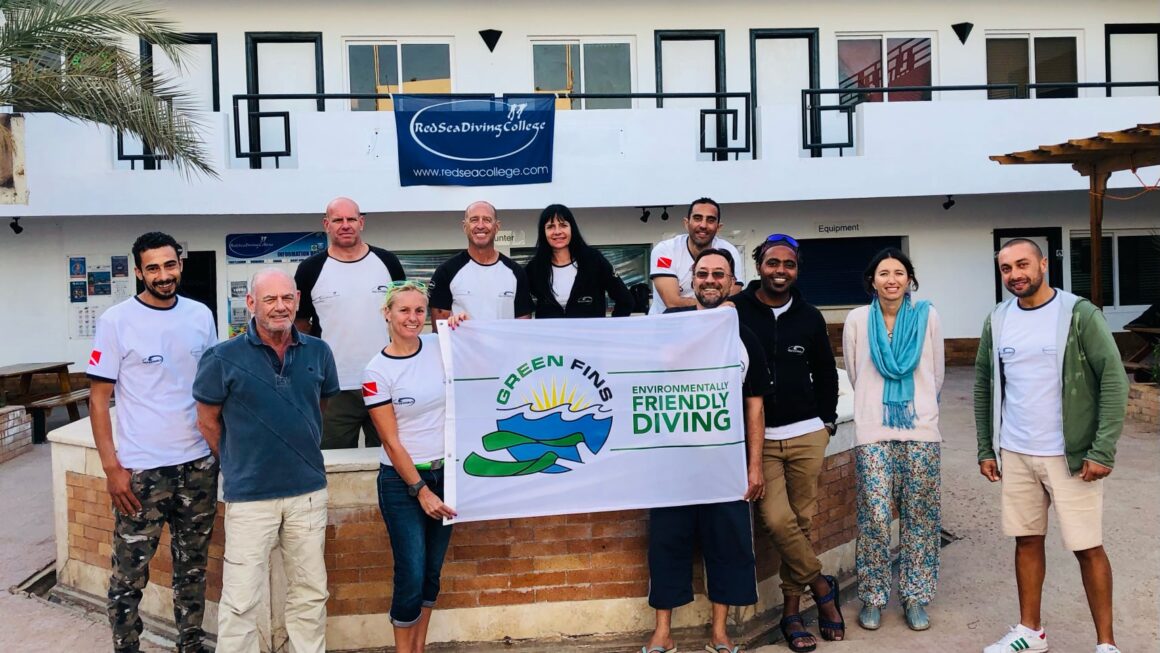Becoming a dive instructor means making a career out of exploring the underwater world and teaching others to do the same. While this job may sound like a dream, it has its own set of challenges that make it both demanding and exciting. From difficult training to the joys of discovering the ocean, being a dive instructor is a mix of hard work and incredible experiences. In this blog, we’ll explore what it’s really like to be a professional dive instructor, from the tough parts to the amazing rewards.
Getting Certified as a Dive Instructor
1. Lots of Training and Certifications
Before you can become a professional dive instructor, you have to complete several steps of training. This starts with a basic Open Water Diver certification, where you learn how to dive safely, followed by Advanced Open Water, Rescue Diver, and then Divemaster certifications. Each level means more time in the water, more practice, and more learning.
Finally, aspiring instructors need to take the Instructor Development Course (IDC), which teaches them how to help new divers, manage underwater risks, and create a safe learning environment. The IDC is a serious course and includes written exams and practical tests. After completing all these steps, many dive instructors get certified by big organizations like PADI or NAUI, which are recognized all over the world.
2. Investing Time and Money
Getting all the training and certifications to become a professional dive instructor can take a lot of time and money. Each level requires paying for classes, gear, travel, and testing fees. Once you’re certified, there are still costs, like maintaining licenses and memberships with professional organizations.
Despite the high price, many divers are willing to make this commitment because they love diving and want to make a career out of it. In the end, those who complete their certifications often feel accomplished and are well-prepared for the job.
Challenges of Being a Dive Instructor
1. Physical and Mental Demands
Being a professional dive instructor requires physical fitness. Instructors spend a lot of time carrying heavy equipment, helping students in and out of the water, and dealing with the effects of being underwater for extended periods. This physical strain can lead to common issues like sore shoulders or back pain.
The job is also mentally challenging. Instructors need to stay calm and alert underwater and make quick decisions in case of emergencies. They also need to help students who might be afraid or struggling to learn the skills. Patience and focus are key, as instructors are responsible for their students’ safety and comfort.
2. Dealing with Nature and Safety Risks
The ocean is beautiful, but it’s not always predictable. As a professional dive instructor you might face risks like dealing with strong currents, low visibility, or encounters with certain marine animals. There are also potential health issues, like decompression sickness, which can happen if a diver doesn’t follow certain safety rules.
Even with safety measures in place, conditions can change unexpectedly, requiring instructors to make quick adjustments. Preparing for different situations and teaching students how to handle the ocean safely are big parts of the job.
3. Seasonal and Competitive Job Market
A lot of dive instructors work in places where tourism is popular, which often means they have busy seasons when many people come to dive, followed by quieter times. This makes it hard for some instructors to find steady, year-round work, especially if they rely on income from tourists.
Also, many people want to work in scenic diving spots, so the competition can be tough. In some areas, there are more instructors than jobs, which means that finding long-term work or a stable job can be a challenge.
Rewards of Being a Dive Instructor
1. Close Connection with Nature
One of the biggest rewards for a professional dive instructor is the chance to connect with the underwater world. Every dive allows instructors to observe incredible marine life like coral reefs, fish, sea turtles, and even sharks. Many instructors develop a deep appreciation for the ocean and a strong commitment to protecting it.
For those who feel happiest in nature, this job offers the perfect balance of work and wonder. The underwater world is constantly changing, so no two dives are the same, making each day exciting.
2. Teaching and Inspiring Others
Dive instructors get to share their love for the ocean with new divers. Teaching someone to dive, especially if they’re nervous or unsure, can be very rewarding. Instructors help students gain confidence, face their fears, and learn new skills, which many students find life-changing.
A professional dive instructor can also teach students about ocean conservation, showing them how to dive responsibly to protect marine life. This positive impact can encourage others to care for the ocean, and instructors know they’re making a difference by sharing these lessons.
3. The Dive Community and Lifestyle
The diving world has a strong sense of community. Instructors often build lasting friendships with other divers, students, and locals. Dive shops and training centers become familiar, home-like places. The job also leads to connections around the world.
Being a professional dive instructor comes with a unique lifestyle. Instead of working in an office, instructors spend their days outside in beautiful places like tropical islands or coastal towns. For many, this active, outdoor life is a big part of the job’s appeal. It offers freedom and adventure that are hard to find elsewhere.
Finding Balance: Challenges vs. Rewards
The balance between the challenges and rewards of being a professional dive instructor is different for everyone. Some might feel that the job’s physical demands and risks are worth it because they get to spend time in the ocean. Others might love the lifestyle and the chance to teach, even if it means dealing with seasonal work or competition for jobs.
The tough parts of the job can help instructors grow, making them more patient, resilient, and skilled at problem-solving. And while the job has its demands, the rewards—like exploring the ocean, inspiring others, and working in stunning locations—make it a dream job for those who truly love diving.
Conclusion
Becoming a professional dive instructor isn’t an easy path. It takes dedication, training, and a willingness to handle both the fun and challenging parts of the job. However, the career offers unique and lasting rewards for those who love the ocean and want to share that passion with others.
If you’re thinking about becoming a dive instructor, remember that every challenge brings a reward. You’ll experience amazing marine life and feel the satisfaction of teaching others. Being a dive instructor can be one of the most rewarding jobs. The ocean is vast and mysterious, and instructors get to explore its depths while helping others discover its beauty.












